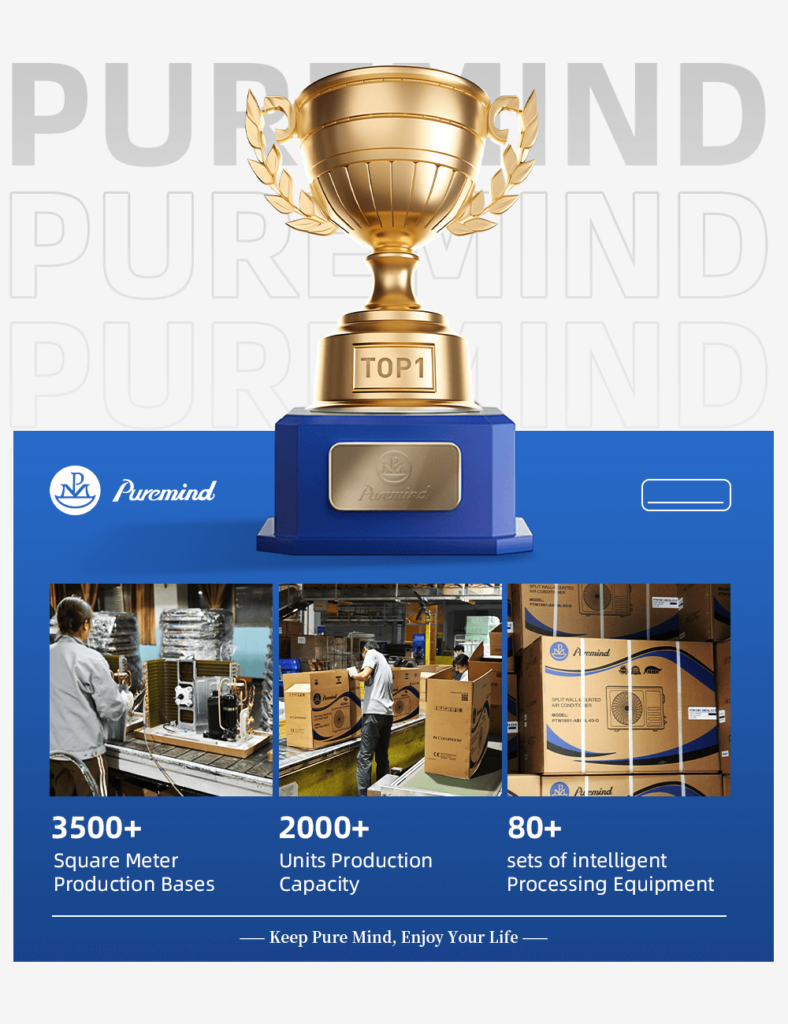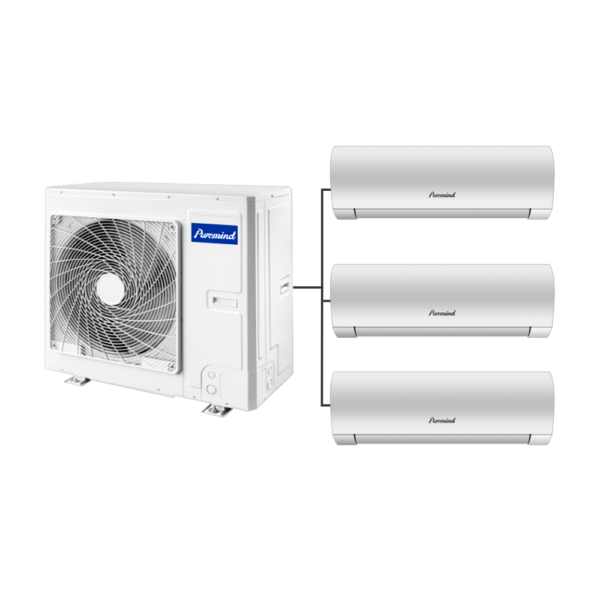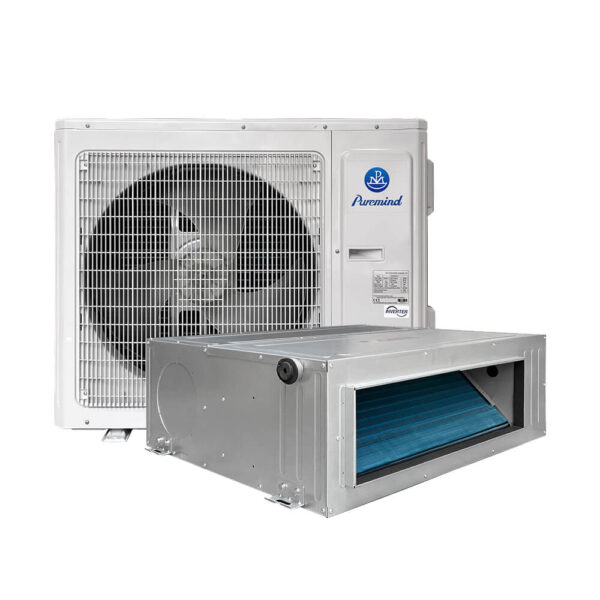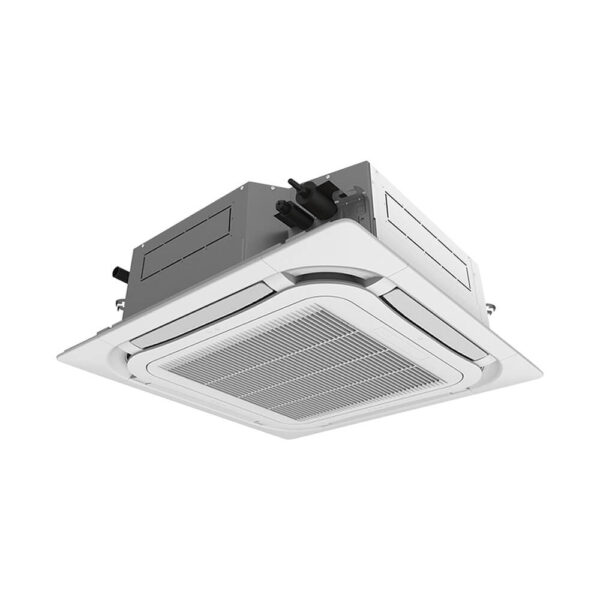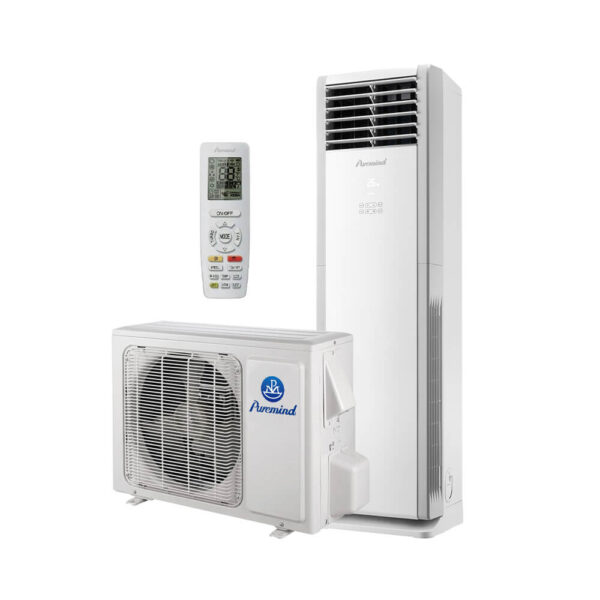Commercial HVAC Services – 2025 Guide for Distributors, Suppliers & Building Managers
Modern buildings cannot function without reliable commercial HVAC services. From hospitals that require precise air quality control to hotels that depend on guest comfort, HVAC has become the silent engine that drives daily business operations. For wholesalers, suppliers, and distributors, understanding how these services work—and how to align your product offerings—is critical to building long-term success in the HVAC market.
Defining Commercial HVAC Services
At its core, commercial HVAC covers installation, maintenance, and optimization of large-scale heating, ventilation, and cooling systems. Unlike residential units designed for small spaces, business-focused HVAC systems are engineered for multi-story buildings, factories, schools, shopping malls, and healthcare facilities. They provide consistent climate control, energy efficiency, and compliance with environmental regulations.
Why Businesses Depend on Professional HVAC Support
Every industry has unique demands. For example, a data center requires constant cooling to protect servers, while a hospital must maintain clean air circulation to safeguard patients. Commercial HVAC services address these diverse requirements by offering:
- Healthy Indoor Environments: Filtering and circulating air to reduce pollutants.
- Energy Savings: Advanced systems cut operational costs through high SEER ratings and smart controls.
- Regulatory Compliance: Meeting codes established by organizations like AHRI.
- Longevity: Regular maintenance extends the life of expensive assets.
Key Components in Commercial HVAC Systems
Understanding system components helps distributors explain value to clients. Common elements include:
- Chillers and Boilers: Provide centralized heating and cooling.
- Air Handling Units: Move and condition air across different zones.
- Ductwork: Ensures even airflow throughout the facility.
- Smart Controls: IoT-enabled thermostats and sensors for efficient energy management.
Different Types of HVAC Services
Commercial HVAC providers generally offer a full spectrum of solutions:
- Installation: Designing and installing systems for new buildings or retrofits.
- Preventive Maintenance: Routine checkups that minimize downtime.
- Emergency Repairs: On-demand fixes when systems fail unexpectedly.
- Energy Audits & Upgrades: Retrofitting older setups with high-efficiency technology.
Market Trends in 2025
The global push for sustainability is reshaping HVAC. Here are the top drivers influencing enterprise cooling and heating solutions today:
- Smart Technology: Predictive maintenance powered by AI is reducing failures.
- Eco-Friendly Refrigerants: Businesses are phasing out older gases in favor of green alternatives.
- Hybrid Systems: Combining renewable energy with conventional HVAC improves efficiency.
- Service Outsourcing: More companies rely on professional contracts instead of in-house teams.
How Wholesalers and Distributors Benefit
Distributors play a vital role in connecting manufacturers with service providers. By supplying products that support commercial HVAC services, they gain:
- Consistent Demand: Industries like education, retail, and healthcare need continuous HVAC support.
- Recurring Revenue: Sales extend beyond equipment to maintenance contracts and spare parts.
- Trust Building: Offering certified, energy-compliant products enhances brand credibility.
Challenges Facing Commercial HVAC Providers
Despite strong growth, this field is not without challenges:
- Labor shortages in skilled technical roles.
- Increasing costs of raw materials and imported equipment.
- Stricter sustainability laws requiring rapid adaptation.
- Need for ongoing staff training on digital systems.
Energy Efficiency and Certification
Energy performance is now a business imperative. Facility managers seek products with ENERGY STAR or AHRI certifications. Distributors who supply high-efficiency units, such as split air conditioners, align themselves with global standards while offering clients lower energy bills and better ROI.
Industry Applications of HVAC Services
The scope of business HVAC solutions extends across multiple sectors:
- Healthcare: Hospitals require uninterrupted, sterilized airflow.
- Hospitality: Hotels prioritize comfort and quiet operation.
- Education: Schools need reliable climate systems for year-round learning.
- Industrial: Factories rely on ventilation to ensure worker safety.
Choosing the Right Service Provider
Businesses evaluating commercial HVAC services usually focus on:
- Certifications: Proof of compliance with AHRI or ASHRAE guidelines.
- Experience: Providers with decades of multi-sector expertise.
- Support: 24/7 service and warranty programs.
- References: Case studies and testimonials from prior projects.
Future Outlook
By 2030, experts predict that enterprise climate control services will be driven by AI automation, energy recovery ventilation, and renewable energy integration. For suppliers and distributors, aligning inventory with these technologies ensures long-term relevance and growth.
Conclusion
Reliable commercial HVAC services are the foundation of modern buildings. They guarantee comfort, protect assets, and deliver sustainability in an increasingly regulated world. For wholesalers, suppliers, and distributors, success comes from offering efficient products, meeting compliance standards, and supporting clients with strong after-sales service. In 2025 and beyond, the commercial HVAC sector will continue to expand—offering significant opportunities for those ready to adapt and lead.
Suggested Image Alt Text: Commercial HVAC Services in Modern Buildings
